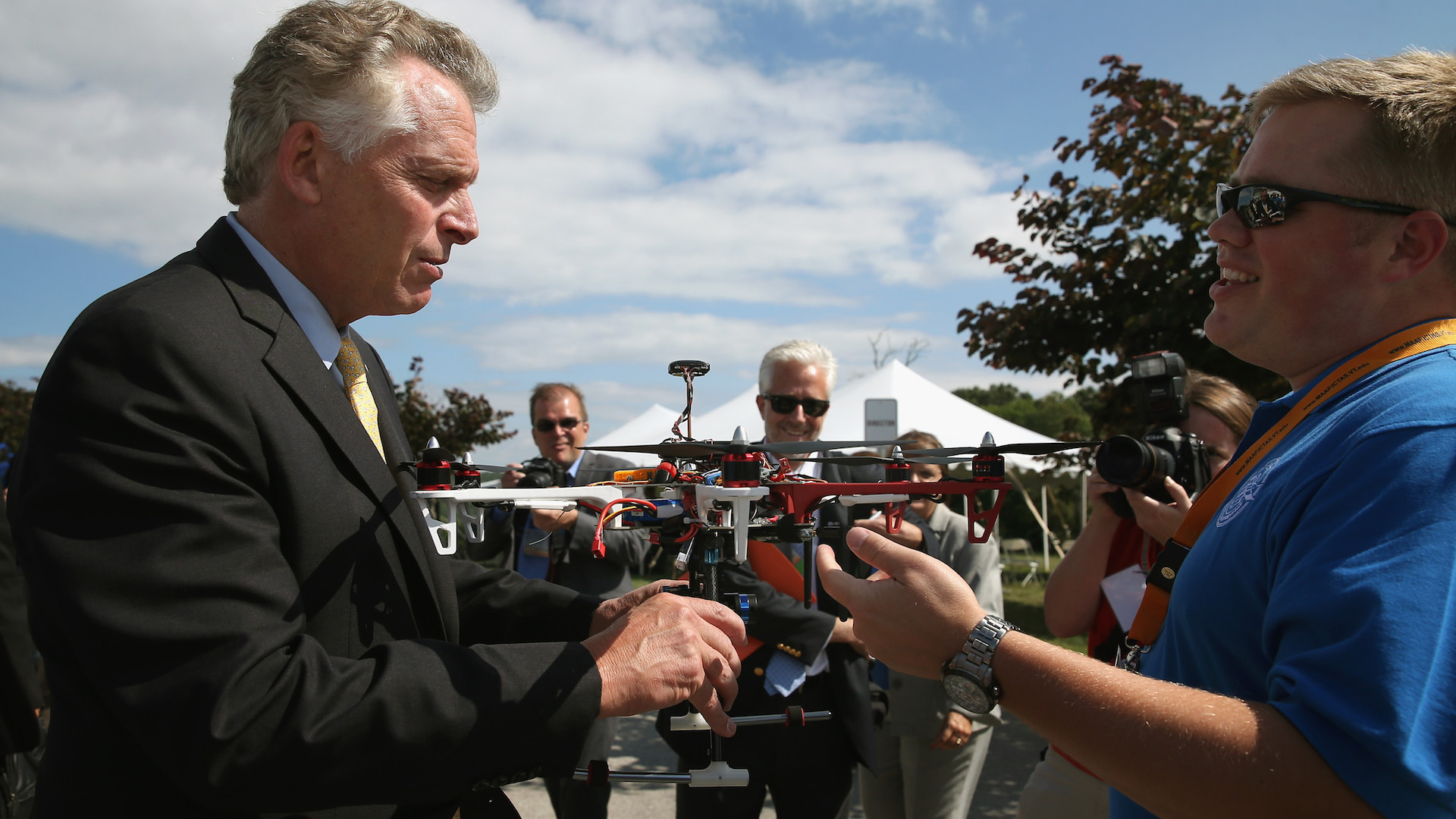

The National Academies of Science, Engineering and Medicine believe the Federal Aviation Administration to be “overly conservative” in its weighing of potential dangers of increased commercial drone implementation with the arguably net-positive benefits that implementation could provide. According to ABC News, today’s report, requested by Congress last year, has science advisors to the federal government urging it to balance the pros and cons more reasonably instead of approaching nationwide drone traffic with hesitation.
A clear example of what exactly this panel is suggesting, is that the FAA would focus on the dangers of drones in cell-phone tower inspections (potential damage to the infrastructure, repair costs, etc.) as opposed to considering the blatant positives, like removing workers from harm’s way when climbing up and down the towers and thereby risking their lives. Essentially, this report is telling lawmakers to approach drone implementation from a more grounded, practical, and less fear-driven position.
The FAA, meanwhile, claimed the science panel’s suggestions were welcome, “and we see them as an endorsement of our efforts and encouragement to accelerate our efforts.” Fortunately, there has indeed been an effort to ramp up drone integration, as the Trump administration’s Unmanned Aircraft System Integration Pilot Program has led the FAA to allow various states’ Department of Transportation agencies and drone companies to test unmanned aerial vehichle missions with far greater freedom.
“The committee concluded that ‘fear of making a mistake’ drives a risk culture at the FAA that is too often overly conservative, particularly with regard to (drone) technologies, which do not pose a direct threat to human life in the same way as technologies used in manned aircraft,” the panel wrote.
When it came to curbing personal and recreational drone use due to the increase in near-misses between UAVs and commercial aircraft, the panel pleaded with the FAA to consider the scenario from a different point of view. “We do not ground airplanes because birds fly in the airspace, although we know birds can and do bring down aircraft,” they wrote.
While there have been some substantial strides in terms of slow but sure drone integration, and allowing businesses to expand their testing and operations, this panel does have a point. The road toward a less risk-centric attitude in our current climate of drone regulations is a long, winding one. Fortunately, it seems that at the very least, those in charge are actually listening.